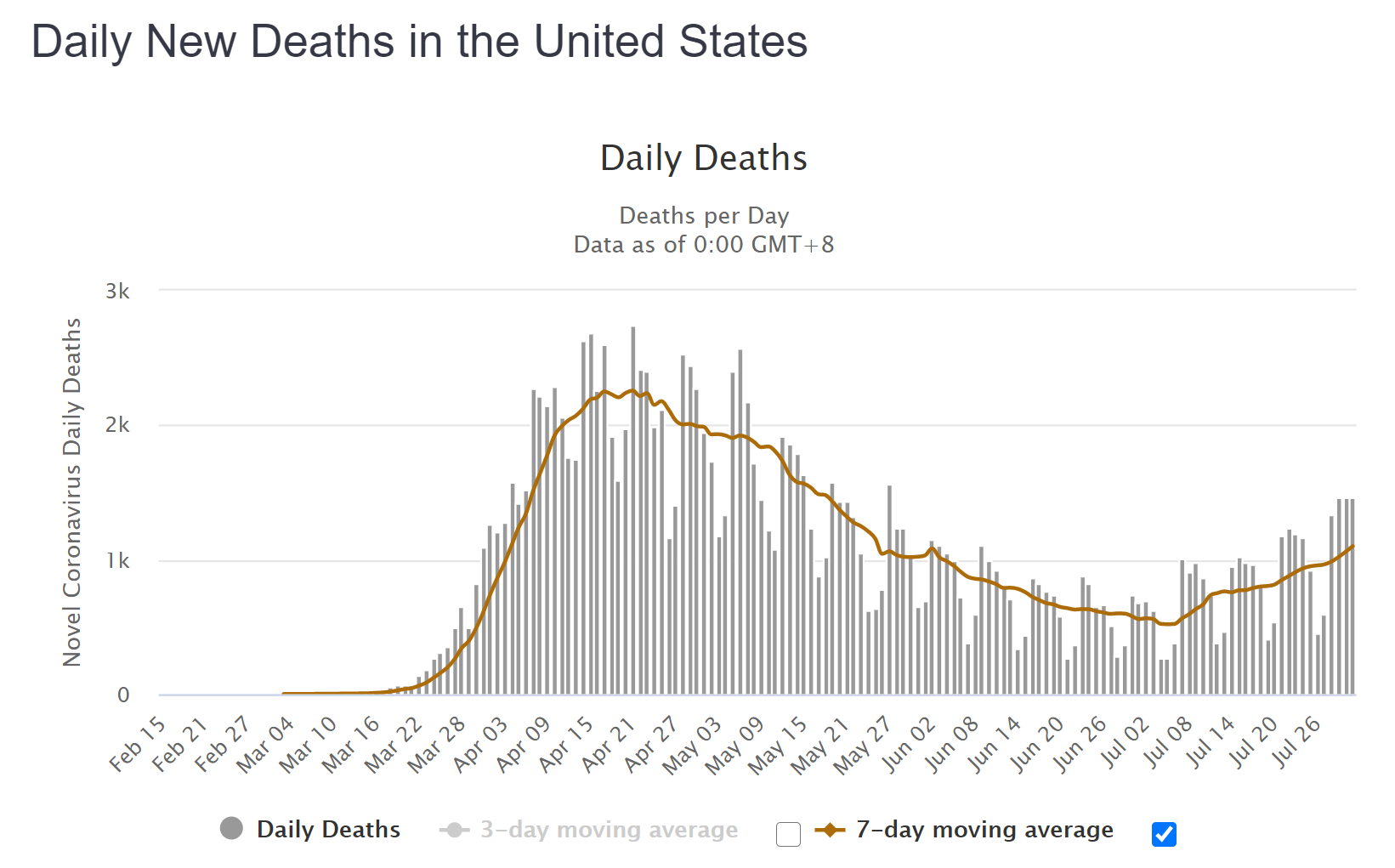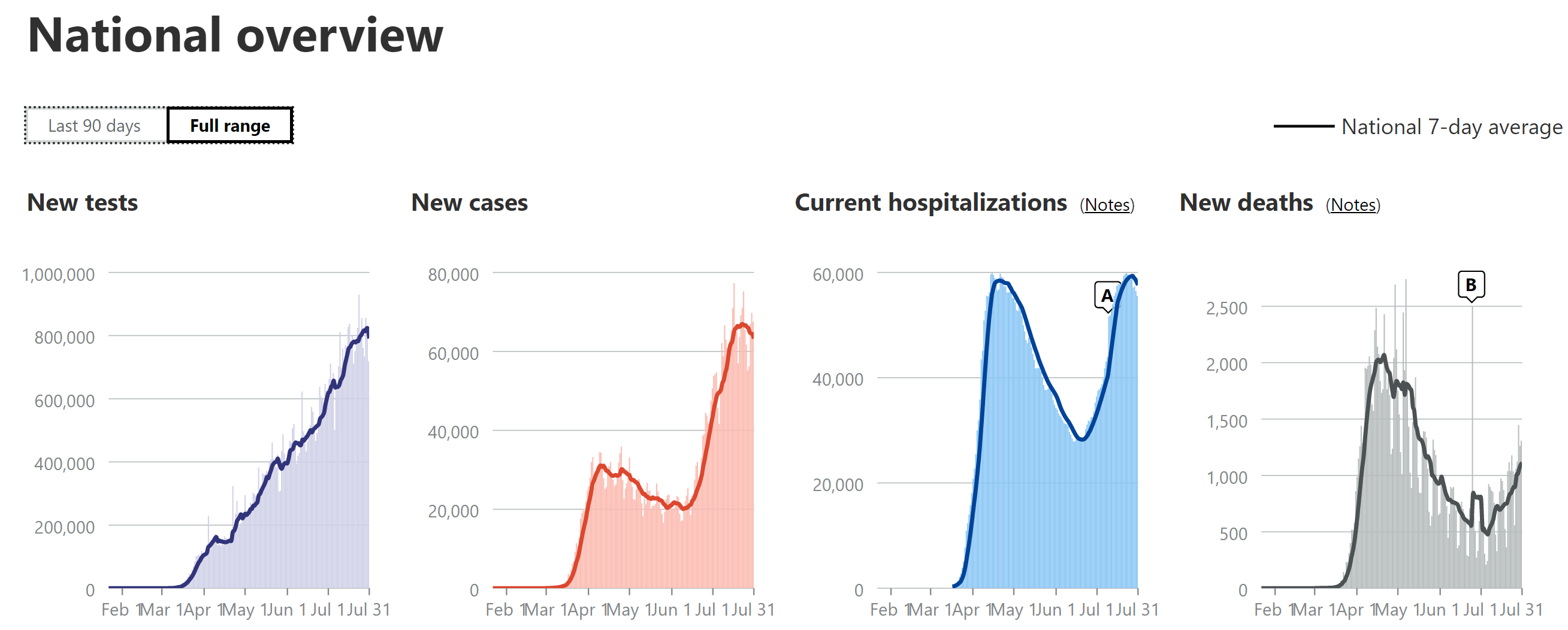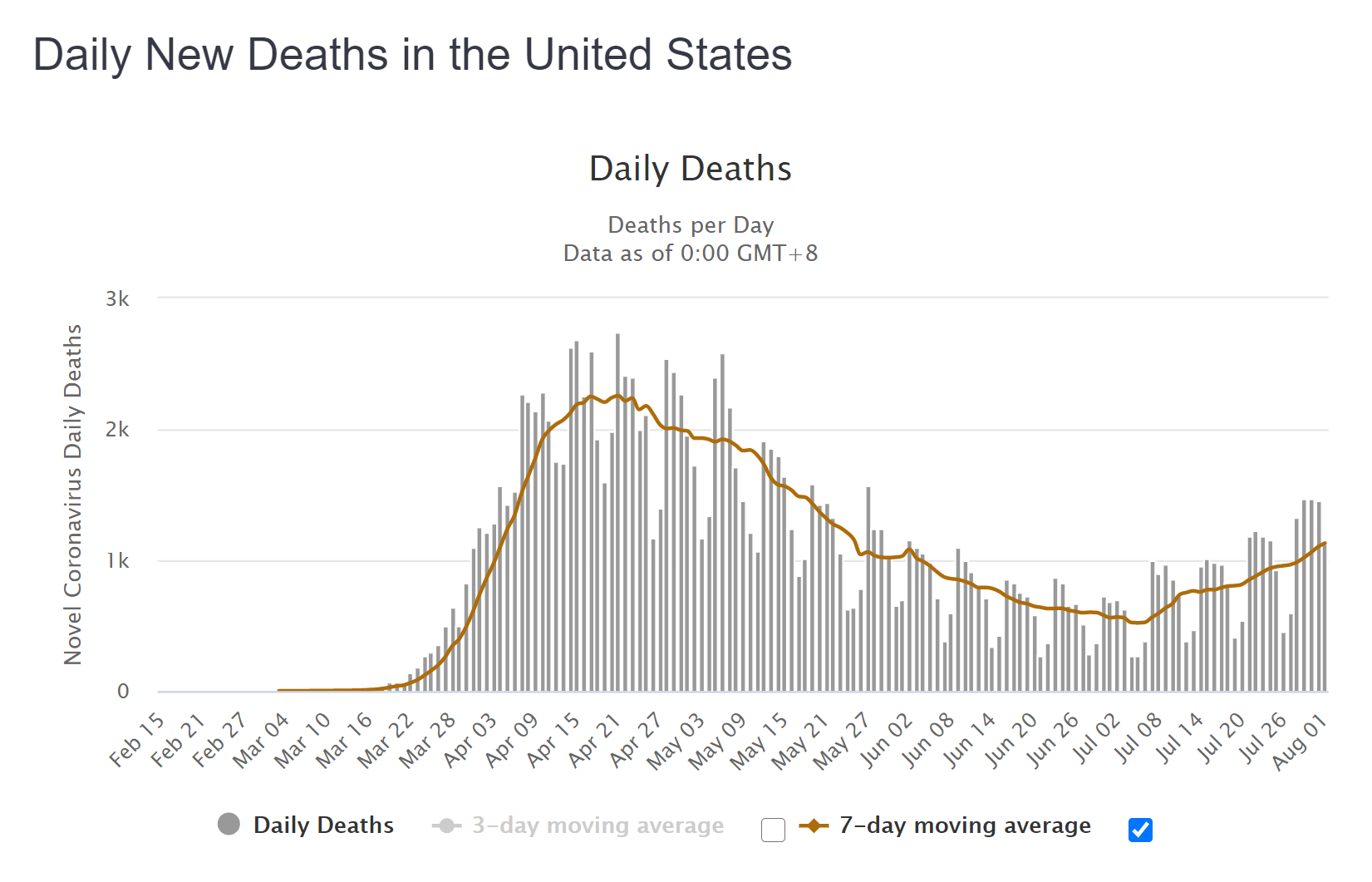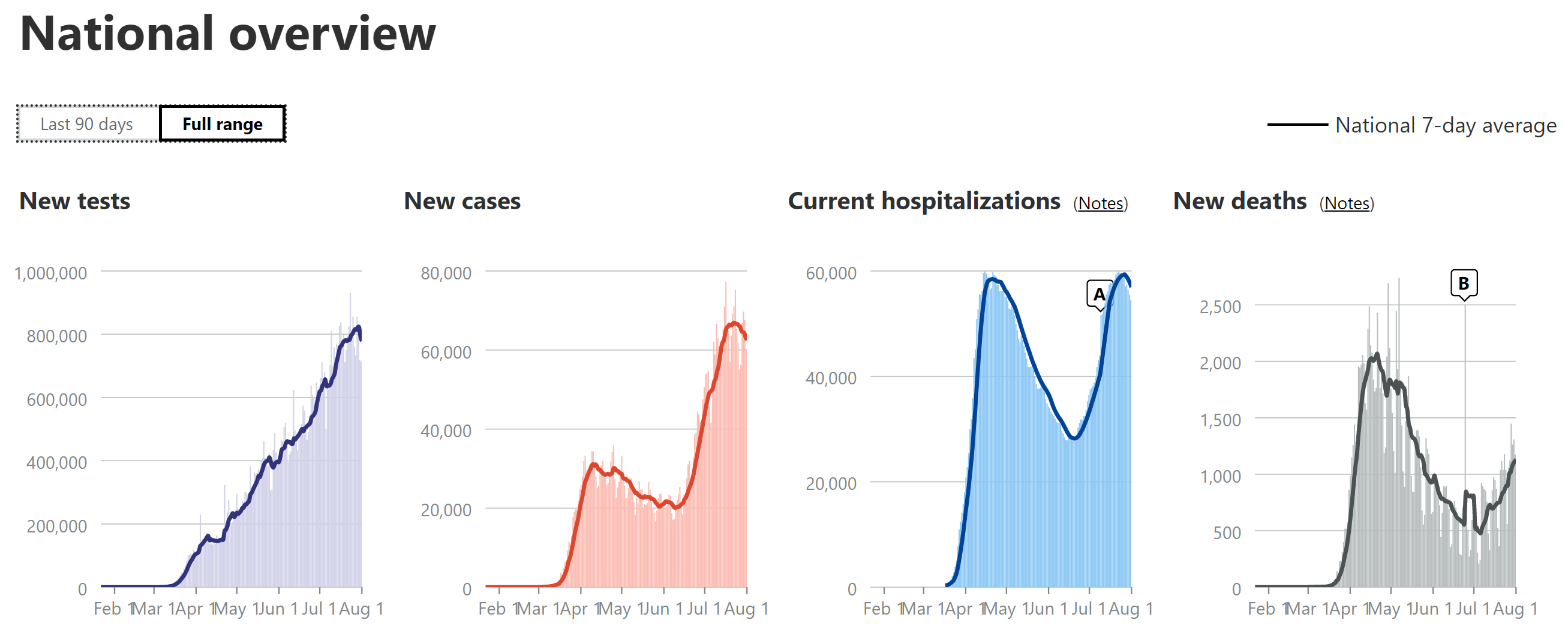@WhiteBus: Your claim – Big drop in deaths due to heart attacks and strokes. (I’ll call this Statement A).
First of all, I’d like to see the data that purports to show this. One needs to be sure to obtain, fact check, and analyze the data to validate your statement, before chasing down reasons why. But for kicks sake, let me make the assumption that the data exists and that your claim is true and see where that leads us. (I’m on the board of an orthopedic medical device company and I’ve seen the data that elective surgeries were way down, though they are creeping back up).
Here is how the scientific method works next. We need to determine ALL the reasons that could have happened.
You postulated two reasons that you thought were “either”-“or” (meaning they were the only explanations that could exist to support your statement and explain what happened). That’s actually not true, meaning your twin explanations, while mutually exclusive aren't collectively exhaustive, but I’m going to ignore that to try and showcase a different point.
Your explanation #1 is that all of the data on deaths due to heart attacks and strokes prior to COVID was wrong. That it is magically (?) correct now, so the decades of data on deaths from heart attacks and strokes were always lower than what people thought. It begs the question, since the deaths did actually happen in the past, what did people actually die of?
Explanation #1 is starting to sound increasingly nonsensical and I’m assuming that you only put that explanation in to showcase how silly it is and to throw your support behind explanation #2.
Your explanation #2 is that the data prior to COVID wasn’t wrong but that those same or similar number of deaths are happening today and are simply being lumped into COVID deaths.
Note however that BOTH of the reasons you postulated indicate that the original statement you made is WRONG!! And that deaths from heart attacks and strokes ARE NOT actually lower than they were before! In your explanation #1 it is because the pre COVID data was wrong, and in your explanation number 2 it is because the post COVID data classification is wrong.
But there have been real changes in people’s lives the world over which may have caused changes in the underlying causes of mortality. So, for example, what if your statement A is actually correct and heart attack and stroke deaths are in fact lower due to some as yet unexplored reason. A true scientist/epidemiologist/data scientist/researcher will necessarily need to explore that as well.
You see, this is how science works. ALL explanations must be explored before proving/disproving a hypothesis. It is not enough to simply throw a “random" hypothesis into the mix and ask for explanations that end up proving or disproving it. This thread is chock- full of such questions, partial hypotheses, semi-literate “explanations”, and simply bomb-throwing. I am NOT saying you are one of the bomb throwers – I actually don’t think you are. But know that good meaningful questions are difficult to frame, and often bullet proof explanations even harder to come by.
If this is truly an important question to seek to answer, then perhaps you can begin with stating why, and then linking to the data supporting changes in deaths due to heart attacks and strokes? And then maybe others who also see it as important can try and see how or why that might be true/not true.



